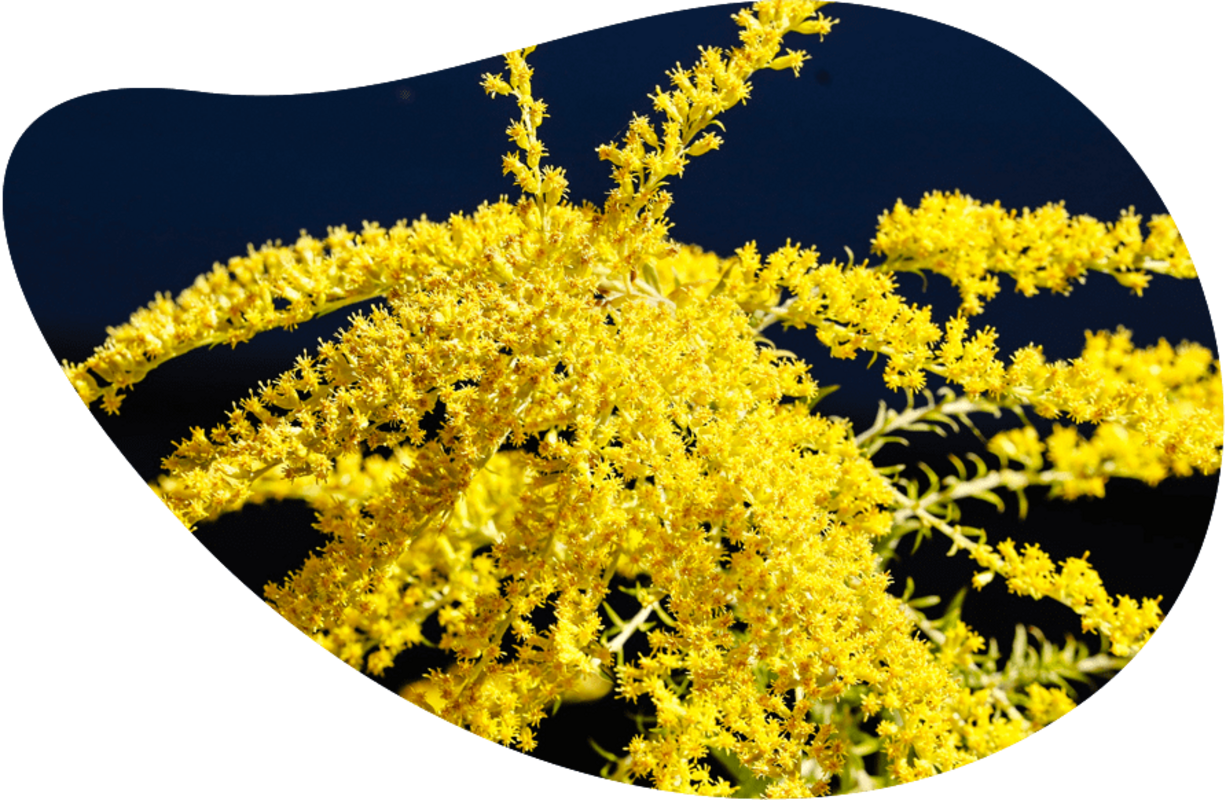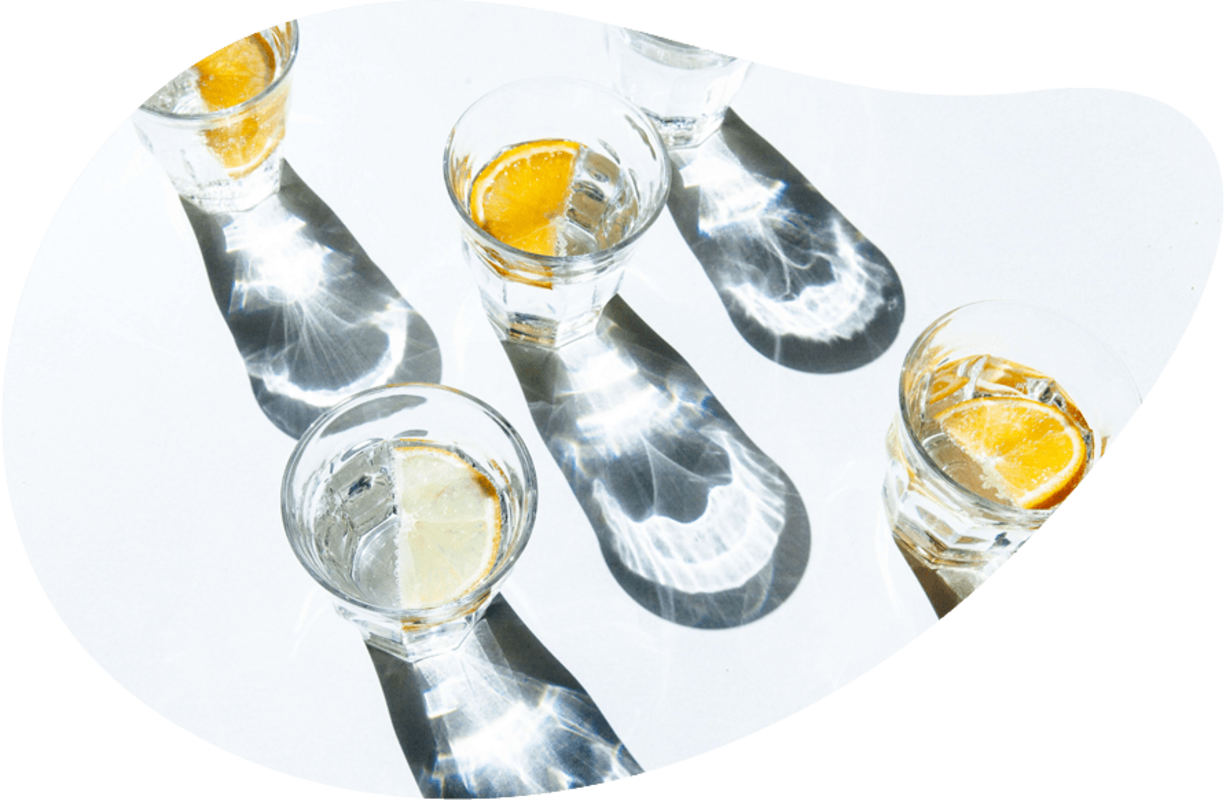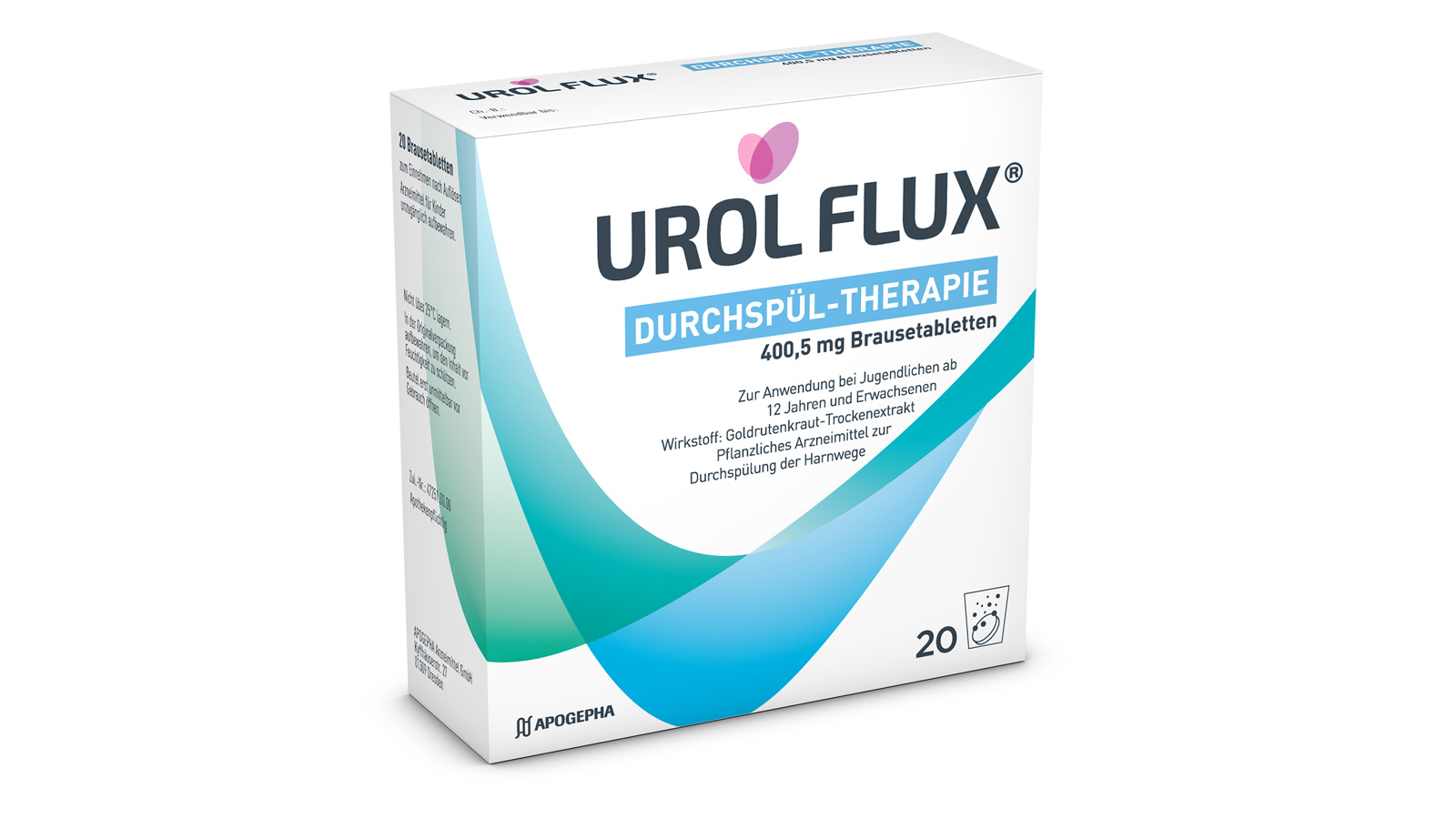What can I do about irritable bladder?

Irritable bladder – what exactly is that?
Doctors speak of an irritable bladder when the affected person frequently feels a strong urge to urinate even though the bladder is only slightly full.
This frequent urge to urinate is often accompanied by spasmodic pain in the abdomen, more rarely with pain (burning sensation) while urinating. Those affected feel insecure, their lives are aligned to the availability of a toilet, which usually indicates a severely diminished quality of life.
Symptoms of irritable bladder
Incorrect habits and shyness to talk about the problem are often the cause of a suffering that lasts longer than necessary.
It is not uncommon for affected persons to suffer from the symptoms several times a year. If a person suffers from an irritable bladder more than six times a year, it is called chronic irritable bladder.
Women are more frequently affected
Different anatomical and hormonal conditions contribute to the fact that women are much more frequently affected by an irritable bladder than men. A woman’s urethra is considerably shorter than that of a man, which facilitates the penetration of germs (if these are not detected using standard detection methods or the doctor does not initially assume an infection). Cycle-related hormonal fluctuations and changes in the interaction of hormones during and after menopause are another factor that makes the irritable bladder typically a women’s problem.
Irritable bladder is a problem that can affect women of any age. With increasing age, however, the probability of suffering from its symptoms also increases.
Typical symptoms of an irritable bladder
- Frequent urge to urinate even though the bladder is not full
- Only small amounts of urine when urinating
- Spasmodic pain in the abdomen
- Burning sensation when urinating
- No feeling of relief after urination
- Pain, especially during daytime
- There are often additional troubles during the menstrual cycle and in sexual life
Symptoms of an irritable bladder should not be confused with the symptoms of an overactive bladder.
Irritable bladder has various causes
Usually, medical examination does not reveal any concrete findings. The doctor can neither identify organic causes nor detect a urinary tract infection. Very often, irritable bladder is not triggered by a single cause. Usually, several simultaneous causes trigger its symptoms. The most frequent triggers are:
- Hypothermia, drenching
- Psychological factors, in particular, anxiety, anger, stress
- Inflammations
- Hormonal fluctuations
- Hormone deficiency, in particular, oestrogen deficiency
- Foreign bodies

In rare cases, serious diseases such as neurological diseases or cancer can also cause the symptoms of irritable bladder. Irritable bladder can also result from abdominal surgery.
Very important: if you experience fever and fatigue in addition to the usual symptoms or if you notice blood in your urine, you should consult a doctor immediately!
Diagnosis of an irritable bladder is ultimately a “diagnosis by exclusion”. Anamnesis, physical examination, analysis of vaginal discharge and urine, determination of residual urine and, if necessary, uroflowmetry and/or urodynamics are recommended.
Irritable bladder – treatment in the form of a herb has been found for this
The herbal therapy using goldenrod has proven very effective both for acute and chronic symptoms of irritable bladder. In contrast to chemical-synthetic active ingredients, goldenrod extract unfolds several modes of action simultaneously. These are exactly those effects that counteract the typical symptoms of irritable bladder:
- Flushing of the urinary tract
- Bacterial inhibition
- Antispasmodic effect
- Inflammation inhibition

The urinary tract is rinsed as the goldenrod extract stimulates kidney activity. Increased urine flow in the urinary tract collection system has two effects:
- Bacteria are prevented from sticking and are rinsed out.
- Bladder muscles are exercised and do not stimulate the urge to urinate when there is only a small amount of urine in the bladder.
Since about four million women in Germany suffer from an irritable bladder (and add to that a high number of unreported cases), doctors – whether general practitioners, internists, urologists or gynaecologists – have to deal with these symptoms every day. So speak to your doctor openly about your problem even if you find it difficult to talk about this taboo. In most cases, the symptoms can be significantly alleviated or even completely controlled within a few days. False shame will only prolong the problem.
Long-term solution to irritable bladder:
Plant power and the right practices
The primary goal is an overall improvement of the acute symptoms through treatment with goldenrod extract. However, some practices have proven effective for normalising the painful urge to urinate in the long term:
- Slowly increase your daily fluid intake to at least two litres (water, herbal tea, juice spritzers but not coke, lemonade, coffee or black tea).
- Eat more diuretic foods, e.g., potatoes, rice, asparagus.
- Protect yourself from hypothermia and wet conditions.
- Deal with stress situations consciously and try out some relaxation techniques to become more calm and composed.
- Train your pelvic floor by doing specific gymnastic exercises.
- Exercise the sphincters of the bladder by consciously and continuously increasing urination intervals.
- Relax the sphincter while urinating. Do not tighten it and simply let the urine pass.

APOGEPHA products that work against irritable bladder (in German)

UROL FLUX® RINSING THERAPY
Herbal medicinal product for flushing in the case of inflammatory diseases of the urinary tract, urinary stones and renal gravel, and for preventive treatment of urinary stones and renal gravel.
Goldenrod for drinking with multiple effects - also against irritable bladder.